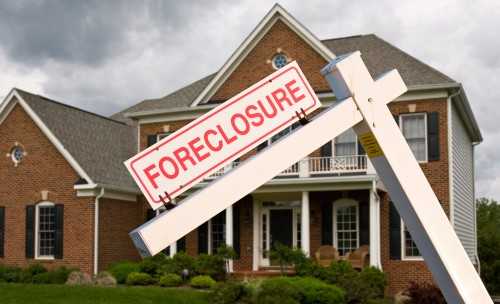In the past decade, due to a variety of economic factors, foreclosures have begun to gain in frequency across the U.S. Being served with a foreclosure notice is an embarrassing and stressful situation, as foreclosure can destabilize anyone’s everyday life. However, it is vital to bear in mind that a foreclosure notice is not the be all and end all; there are other options available that can save the house and grant extra time to pay off any lingering debts. Our firm has decades of experience in helping residents of the Buffalo-Niagara area deal with the pressing problem of foreclosure, and we have put together the videos below to answer some of the most frequently asked questions about what foreclosure means and how to avoid it.
What Is Foreclosure, and How Do I Deal with It?
There are different types of foreclosure that may confront a party. There may be a bank foreclosure, in which a bank is closing on an existing mortgage that is on a property. There may be an in rem proceeding, in which the county is foreclosing on back taxes. In either case, you can avoid the foreclosure by filing a chapter 13 bankruptcy. This will allow you to pay back any debts over time. If it is a bank foreclosure, and you cannot possibly make all your payments within a three-to-five-year period, in that event, we can go to the Supreme Court and try to have a modification of the loan implemented.
What Should I Do If I’ve Been Served with a Foreclosure Notice?
If you are served with a foreclosure notice, the first thing that you should do is to contact your attorney. Your attorney will have you bring in the paperwork so that he or she can determine whether the notice is accurate. A debt validation letter can be sent to the creditor to determine how much is owed, distinguish how much of that sum is principal and interest, and ask for the underlying documentation on which the mortgage is created. The promissory note has to be produced, and if it cannot be produced, the creditor is going to have a difficult time in foreclosing on the mortgage. The creditor then has the obligation of going to court and asking the court to reproduce this note based upon terms and provisions, which are generally rather favorable to the consumer at that time.
What If My House Is Foreclosed During Bankruptcy?
If your house is being foreclosed upon, there is always an option. A chapter 13 bankruptcy can help you to protect your house. It is important to remember that a chapter 13 bankruptcy is designed for that very purpose. We can take the arrears that you owe on your home, pay them out over a period of three to five years, allow you to catch up, and then let you resume making your regular monthly mortgage payments. If you are able to do this and provide for your household expenses at the same time, this is what a chapter 13 bankruptcy can afford you.







